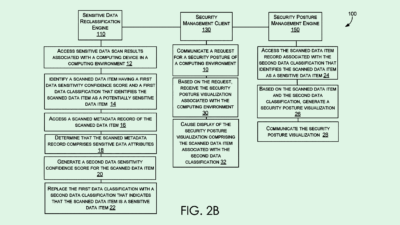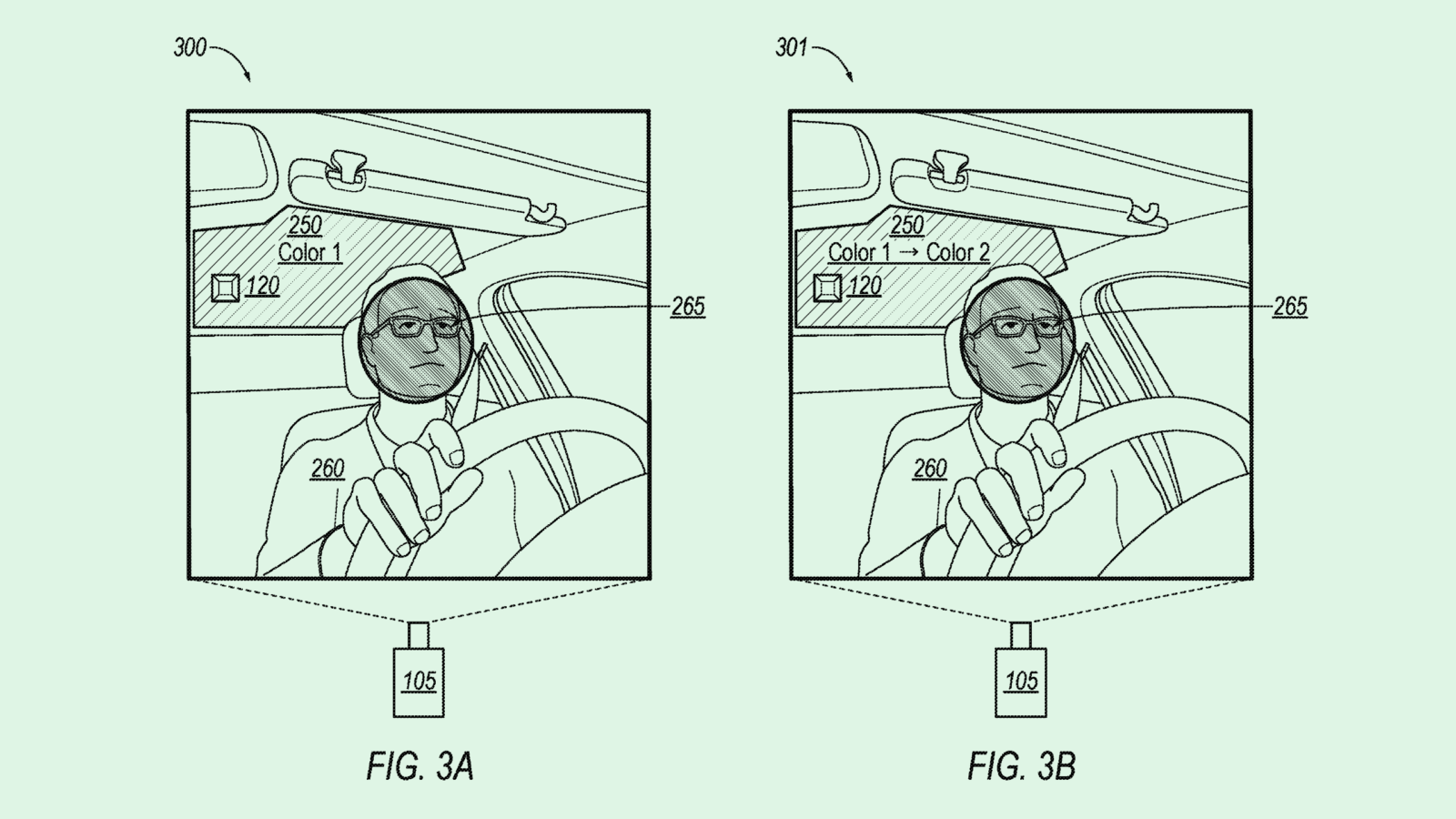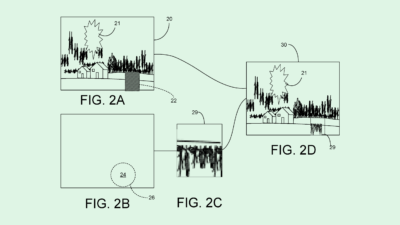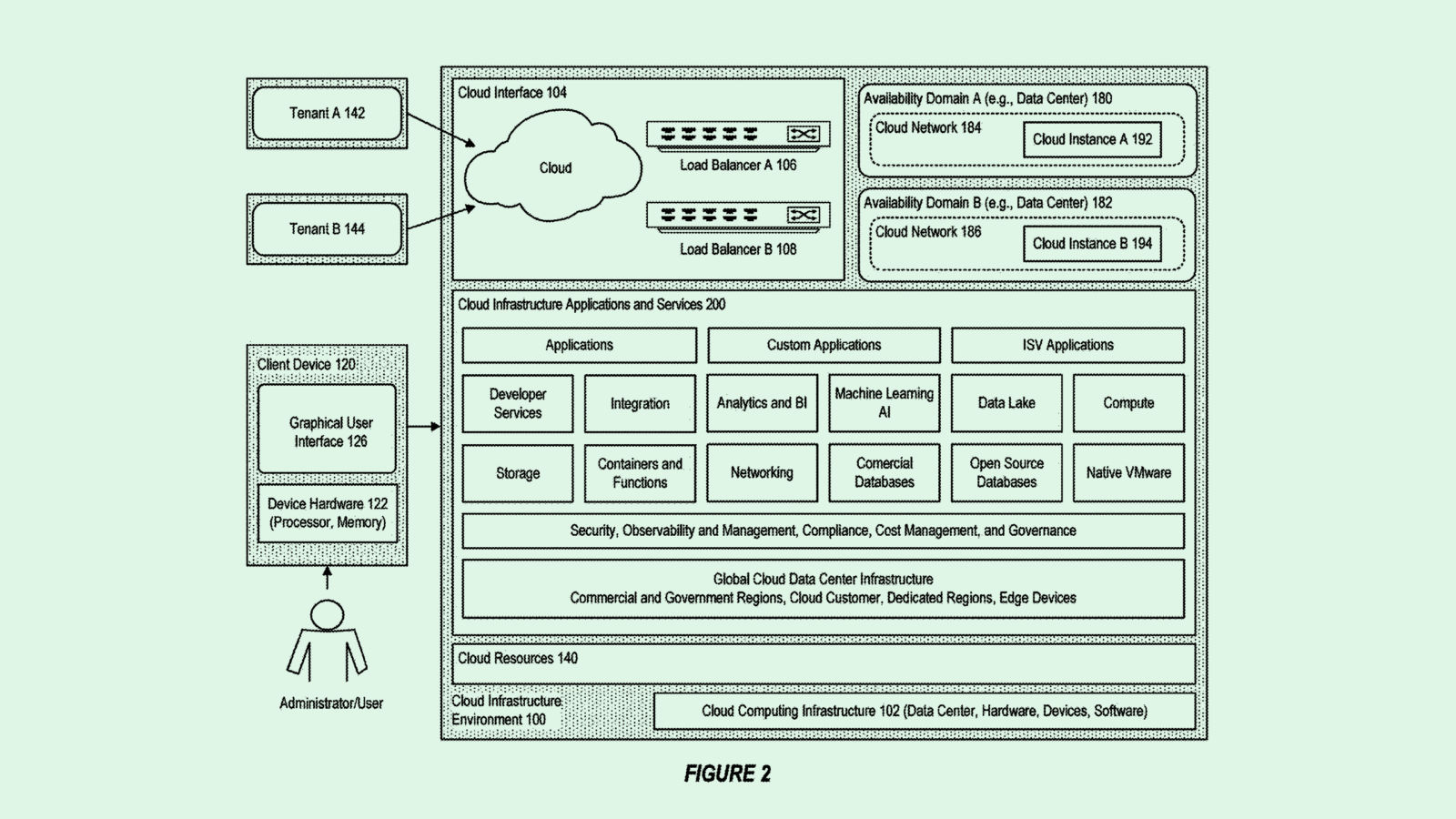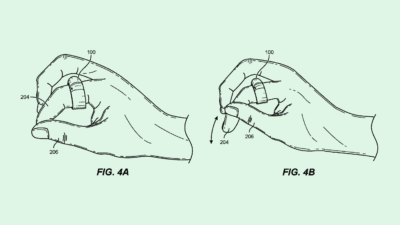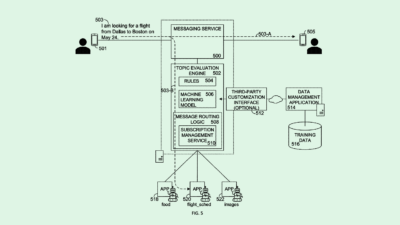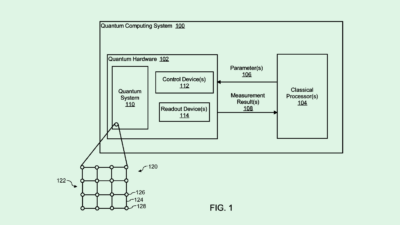Meta Glucose Measurement Patent May Face Data-Collection Obstacles
A recent Meta patent aims to measure your glucose through light reflections in your eyes.
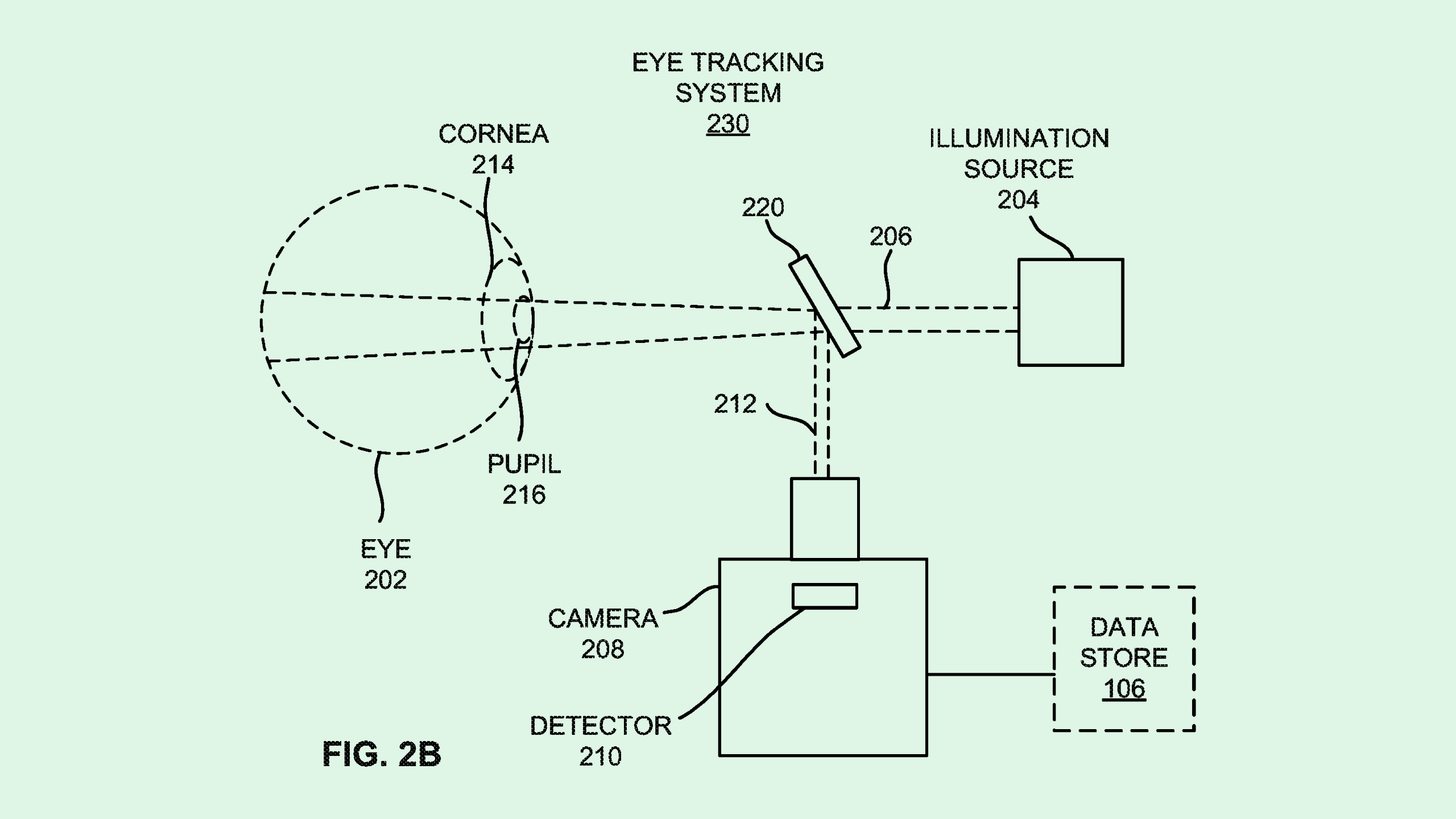
Sign up to uncover the latest in emerging technology.
Meta wants to keep an eye on your health.
The company filed a patent application for “glucose level change detection in eyes” using polarized light. Meta’s tech aims to track users’ heath conditions without “invasive measurements,” such as blood tests, by monitoring changes in their eyes that may indicate issues.
“Known blood glucose measurement devices may thus be disruptive to their users, and in some instances, painful to the users,” Meta said in the filing.
Meta’s patent would track the “polarization state” of light reflected off a user’s eye to determine their glucose level. A higher state of polarization or “rotation angle” of the eye may be indicative of a higher glucose level.
Meta’s tech would add a “polarization-sensitive detector” to its bevy of other eye-tracking devices within its headsets, monitoring gaze direction, pupil dilation, and ambient light levels. The system monitors glucose levels as they change over time to determine what a user’s baseline may be, and pick up on when this measurement may be out of the ordinary.
“The eye tracking system may detect the changes as a background operation, e.g., without informing the user of this process,” Meta noted. “As a result, changes in a user’s blood glucose level may be detected in a manner that may not require user instructions.”
Up-close and personal tracking isn’t exactly new territory for Meta. The company has sought patents for ways to track your brain waves, body signals, and skin vibrations, and has eyed health-monitoring tech with a patent for a blood-pressure reader that works in tandem with a headset.
There are several potential uses for these innovations. Tracking things like brain waves and eye movements could allow for more seamless control, and monitoring health metrics could allow for a more personalized experience.
However, the data collected through this kind of tech may soon be subject to broader legal protections. A first-of-its-kind bill in Colorado, which went into effect in early August, expands the state’s current privacy act, called the Colorado Consumer Protection Act. The law focuses on devices that don’t require medical permission to access.
This bill specifically protects data created from the “biological, genetic, biochemical, physiological, or neural properties, compositions, or activities or of an individual’s body or bodily functions.”
Legislation aside, in the world of health tech and consumer wearables, Meta faces steep competition with Apple — which has a far better reputation for protecting user privacy.


